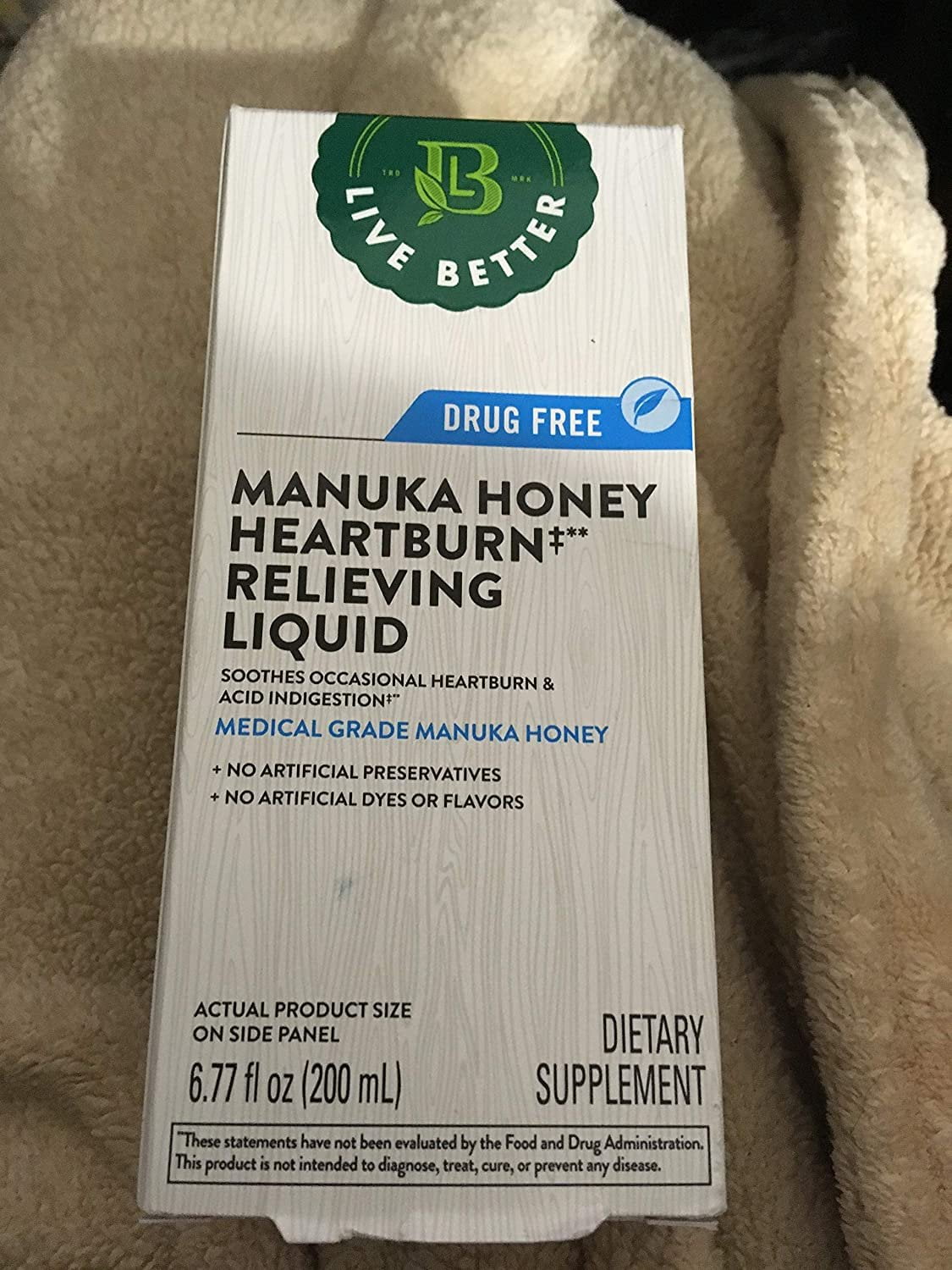Occasional Heartburn
For occasional heartburn or flare-ups that occur after a heavy meal, try an antacid, such as Maalox, Mylanta, Rolaids, or Tums, or an over-the-counter H2 blocker, such as famotidine (Pepcid AC).
- Occasional Heartburn
- Is Occasional Heartburn Normal
- Causes For Heartburn Daily
- Occasional Heartburn
- Medication For Occasional Heartburn
Contrary to popular belief, in most cases heartburn is not caused by too much stomach acid, but too little.
Although we feel heartburn in our chest area, the actual root of the problem lies in our stomach and digestive system. Without help from our digestive enzymes and digestive juices, our body doesn’t get the essential nutrients it needs for healthy immunity, healthy bone development, and a balanced nervous system. These fluids are essential in making sure that our entire system is running smoothly. And they are the key to understanding heartburn.
- Heartburn that is episodic or occasional is typically infrequent. These are usually predictable flare-ups that can be treated with antacids or acid controllers (H2 blockers). Frequent heartburn occurs two or more days within a week. Prilosec OTC is indicated to treat frequent heartburn at the source.
- Bitters digestive health Contrary to popular belief, in most cases heartburn is not caused by too much stomach acid, but too little. Although we feel heartburn in our chest area, the actual root of the problem lies in our stomach and digestive system.
- While this approach is fine for occasional heartburn, frequent or uncontrollable heartburn may lead to far more serious problems and shouldn't be ignored. Heartburn is caused by acid reflux, when acid from the stomach flows up or refluxes into the esophagus, the muscular tube that connects the throat with the stomach.
- Occasional food indiscretions, especially with spicy or acidic dishes, can lead to a painful but temporary discomfort known as heartburn or acid reflux. For many years, the strongest cures for these ailments were only available by prescription, and often expensive.
After we swallow our food it passes through the esophagus into the stomach, and a valve made of muscle, called the lower esophageal sphincter, closes, preventing both food and the acid produced in the stomach to move back up. Acid reflux occurs when the sphincter is forcibly pushed open (by overeating), relaxes inappropriately, or is weak, allowing for stomach acid from your stomach to work its way into your esophagus. The result is usually irritated tissue and discomfort.
The straightforward and holistic approach is to soothe the tissue, improve diet and support proper function of digestive muscles and digestive juice secretion.
Much of what is out there conventionally (like antacids) turns off or neutralizes the production of stomach acid. We need that acid to digest and assimilate our food properly! So it doesn’t heal the root of the problem, it only temporarily fixes the symptoms. Thankfully some solutions help both short term and down the road.
Here are a few natural solutions for heartburn:*
1. Bitters:

One of the most effective and straightforward remedies out there. The bitter flavor supports normal secretion of stomach acid and bile, both of which are important for proper digestive functioning. Not only do bitters provide immediate relief from the irritation of occasional indigestion and heartburn, but they decrease the long-term effects that can come when we shut off the production of stomach acid.
2. Apple Cider Vinegar:
Similar to the bitter flavor, the sour flavor also supports the digestive tract by encouraging our body to secrete enzymes and digestive juices. Because acid reflux can be a result of too little acid in your stomach, adding acid back to our bodies can help by supporting a healthy, tightly shut lower esophageal sphincter. Try taking Apple Cider Vinegar before meals or as a daily tonic. Better yet, try the Cider Vinegar Bitters—a new special formula designed with this in mind, to get the benefits from ACV and get your daily dose of bitters!

3. After meals, try soothing herbs like Marshmallow or Gotu Kola.
Both these herbs are soothing “demulcents”, meaning when they come in contact with water they become mucilaginous. They coat and soothe irritated esophageal and digestive tracts, by creating a temporary mucous-like lining that protects our sensitive tissues. One teaspoon of powdered herbs in a small glass of water will create the demulcent effect. Cold water is best for bringing out the mucilage.


4. Eat smaller and more frequent meals to avoid overeating.
It’s become common to have the biggest or heaviest meal at night, which could play a role in heartburn being most common before bedtime.
5. After eating, don’t recline or lay down.
Allow the natural gravity of the digestive system to take place properly without having to work too hard. By the same token, don’t take off running after a meal or eat on the go: this results in stressed out eating habits, body tension and unchewed food, which means our stomach has a harder time breaking the food down and we are less likely to get any of the nutrients.
6. Chew your food!
It’s simple, but the process of chewing thoroughly enhances our body’s production of saliva—the first digestive secretion. The act of tasting our food, and chewing it well, lets our body know what types of digestive enzymes we need to break down what we eat. Lipase, bile, and amylase are just a few and all play a role in digesting fats, carbs and protein from our food.
*When we talk about heartburn, we are not talking about chronic everyday heartburn. If chronic heartburn is a problem for you, please consult a trained herbalist, naturopathic physician or GI specialist.
Occasional Heartburn

Is Occasional Heartburn Normal
This article is not intended to diagnose or treat.
Causes For Heartburn Daily
Occasional Heartburn
Leave a comment
Medication For Occasional Heartburn
Comments will be approved before showing up.